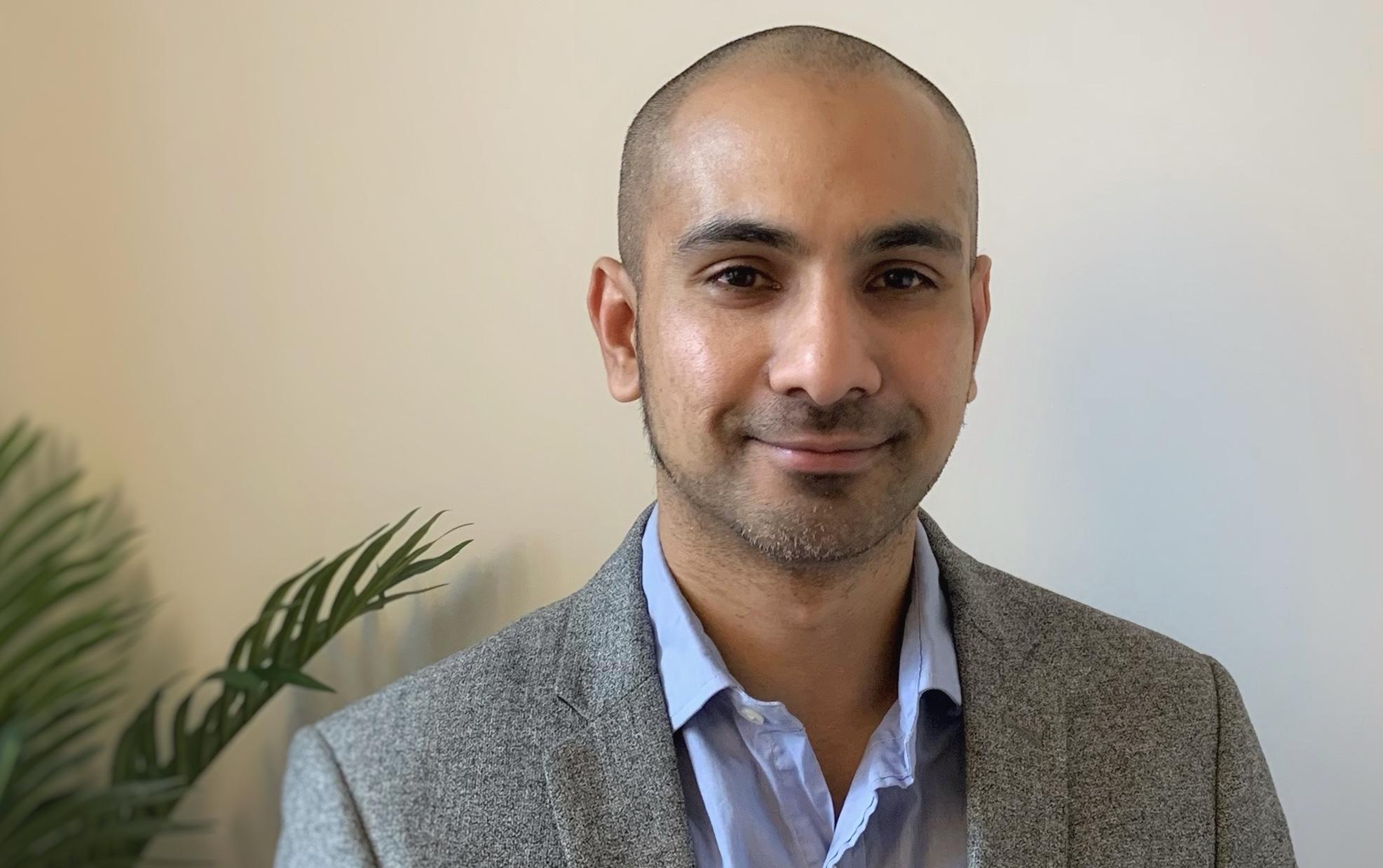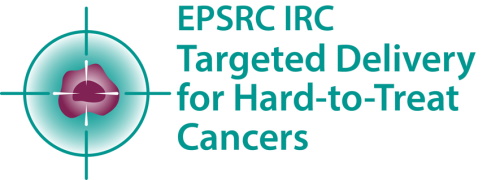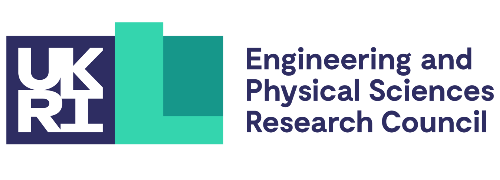
Submitted by L. Millard on Thu, 24/03/2022 - 14:24
Dr Ruman Rahman, Associate Professor of Molecular Neuro-Oncology at the University of Nottingham, and IRC Investigator, contributed as a witness to the Oral Evidence Session for the All-Party Parliamentary Group on Brain Tumour (APPGBT) inquiry ‘Pathway to a Cure’ which was held virtually, Tuesday 22 March 2022.
The panel session, which was chaired by Derek Thomas MP, Chair of the APPGBT, and supported by a panel of Parliamentarians, followed the recent call for evidence to clinicians and researchers working on brain tumours.
The inquiry was established to identify solutions to blockages that affect the ability of the scientific and clinical communities to advance options for, and the outcomes of, those affected by this devastating disease. The written responses to the call and outputs from the oral evidence session will inform key recommendations in the resulting report, due to publish in early 2023, which the APPGBT hopes will help to move from “talk to action” and make tangible improvements for those affected by a brain tumour. The outcome of this inquiry will also be relevant to the future UK funding landscape.
I welcome the APPGBT’s decision to canvass the opinions of academic and clinical researchers as a key stakeholder to help lobby UK government and redress the relative paucity of brain tumour research public funding Dr Ruman Rahman, Associate Professor of Molecular Neuro-Oncology at the University of Nottingham, and IRC Investigator
Dr Rahman spoke at the oral evidence session about the barriers faced by researchers in funding and undertaking brain tumour research, and recommendations for solutions to overcome these. Dr Rahman’s invitation to contribute as a witness is based on his written evidence as a brain tumour researcher, regarding his experience of current practice and existing barriers to progressing a cure. He said: “I welcome the APPGBT’s decision to canvass the opinions of academic and clinical researchers as a key stakeholder to help lobby UK government and redress the relative paucity of brain tumour research public funding.”
Key themes from the inquiry’s written responses include:
• Availability of research funding – barriers to accessing Government funds leads to many researchers relying on charity funding. Researchers called for better promotion of available funding, increased funding for brain tumours specifically, an increased focus on basic research, and improved feedback mechanisms such as the use of grant writing workshops
• Barriers to careers in brain tumour research – the vast majority of respondents agreed that there were many barriers to a sustainable career in brain tumour research
• Clinical trials – the main issue identified by respondents was not access to existing trials, but the small number of trials available. One clinician stated that he has ten times the patients as he does available clinical trials to enrol them in
• Priorities for research – many respondents highlighted the need for further discovery research to improve understanding of disease biology and the causes of brain tumours. Drug delivery was also highlighted as a priority to address the challenge of delivering drugs to penetrate the brain effectively due to the blood-brain barrier
• Progress on brain tumour research and treatment – this attracted a mixed response in relation to progress made over the past decade in brain tumour research. When asked about the impact of the lack of treatment options for patients, respondents painted a bleak picture.
For more information about the APPGBT see here
Read more about the work of the Brain Tumour Research national charity to raise funds for continuous and sustainable scientific research into brain tumours here.


